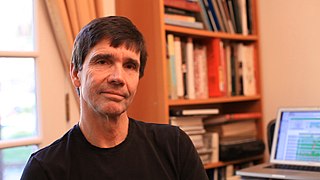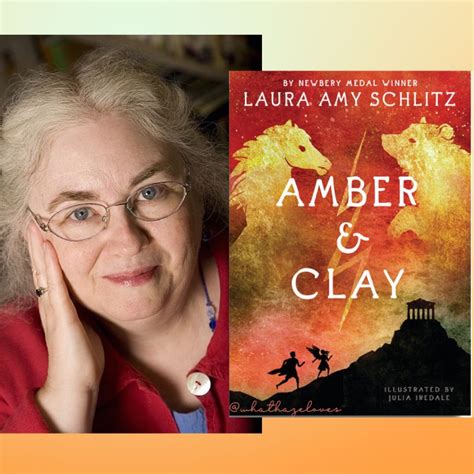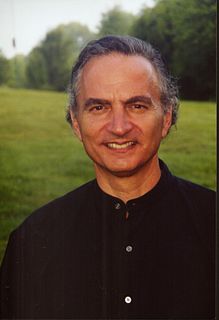A Quote by Bill Budge
On the robot kit, I can choose very boring parts or I can choose exciting and interesting parts. That is a reflection of my personality and the kinds of things I am interested in.
Quote Topics
Related Quotes
As an author, you think you know where the good parts and the bad parts are. And then you read to a group of children, and you learn when you're boring them, and you hurry through those sections to get to the parts where they're interested again. You start to get a sense of your story's rhythm and flow.
You can't just skip the boring parts." "Of course I can skip the boring parts." "How do you know they're boring if you don't read them?" "I can tell." "Then you can't say you've read the whole play." "I think I can live a happy life, Meryl Lee, even if I don't read the boring parts of The Tragedy of Hamlet, Prince of Denmark." "Who knows?" she said. "Maybe you can't.
When I auditioned actors I never make them act. I choose a long symphony, then I tell them to sit down and I play the symphony for them. Then I sit and I look at them. I always pick a piece of music that has up and downs, very dramatic parts, very quiet parts and really sensitive parts so that it can produce different emotions.
There is only one way out of the trap: that you don`t choose; neither this nor that - you simply don`t choose. You withdraw from choice and you become choiceless. Choicelessness is freedom. To choose is to choose a prison; to choose is to choose a bondage. To choose is wrong, to be choiceless is to be right.
I'm selfish, I think. I think an artist has to be. I'm not worried about what people think. I play the parts that I find interesting. It'd bother me more to be just pigeonholed into doing what people think is ethical or that's boring to me. I don't pick parts with that in mind, I just find interesting stories. If it's interesting to me, then I do it.


































